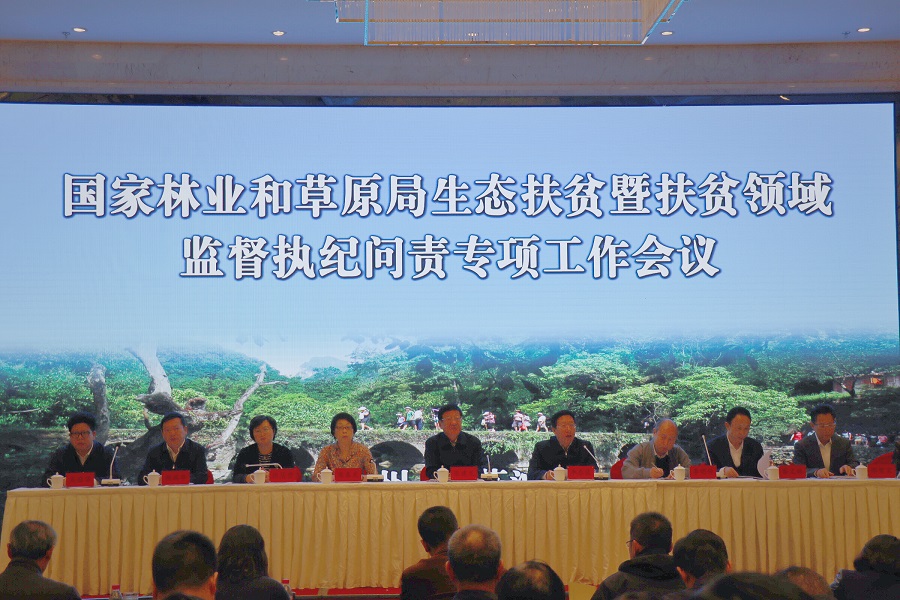Guizhou strikes balance between ecology protection and poverty alleviation
By Li Hongyang and Yang Jun | chinadaily.com.cn | Updated: 2018-11-16 20:25

In Guizhou, where the majority of poverty population resides in the mountains and make a living on forest farming, it is vital to strike a balance between ecology protection and poverty alleviation, said Li Ping, head of the provincial forestry bureau at a working conference held on Friday in Libo county, Guizhou province.
Since 2014, the province has returned 470,000 hectares of arable lands to forest and pastures. At the same time, 250,000 impoverished villagers are earning a salary as forest rangers or making profits by planting fruit trees.
Chen Hong, a farmer in Pingshang village, Guizhou province, switched over to growing plum trees instead of corns. In 2002, the National Forestry and Grassland Administration started to implement grain for green project. She is also a part-time forest ranger.
"Before, farmers like me all planted crops like corns and rapeseed. I could make a yearly profit of 500 yuan at that time.
"Now I can earn 15,000 yuan a year selling plums. My salary as a forest ranger is 10,000 yuan a year," said Chen.
The pattern of poverty alleviation in an ecological way is now adopted in four counties in Guangxi Zhuang autonomous region and Guizhou province by the administration.
Last year, 61,500 people were lifted out of poverty, accounting for 36 percent of the impoverished population in the four counties.
Zhang Jianlong, head of the administration, said at the conference that in the next two years, 330,000 hectares of trees a year are expected to be planted and poverty would be eliminated.
Li Hanyi contributed to this story.
























